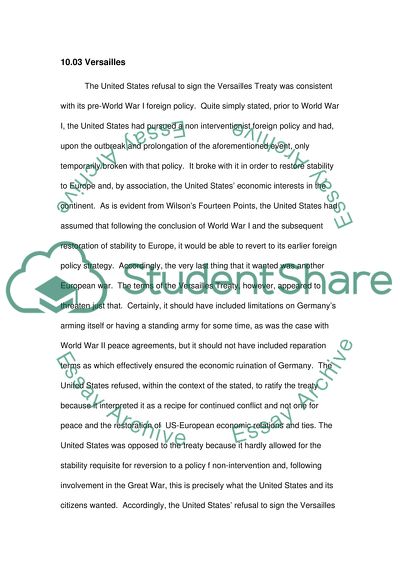How has America's foreign policy changed Essay Example | Topics and Well Written Essays - 500 words. Retrieved from https://studentshare.org/miscellaneous/1540307-how-has-americas-foreign-policy-changed
How Has America'S Foreign Policy Changed Essay Example | Topics and Well Written Essays - 500 Words. https://studentshare.org/miscellaneous/1540307-how-has-americas-foreign-policy-changed.


